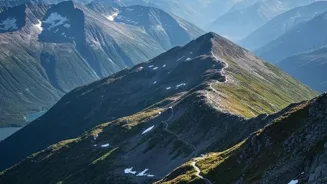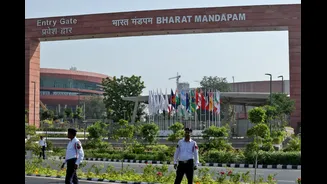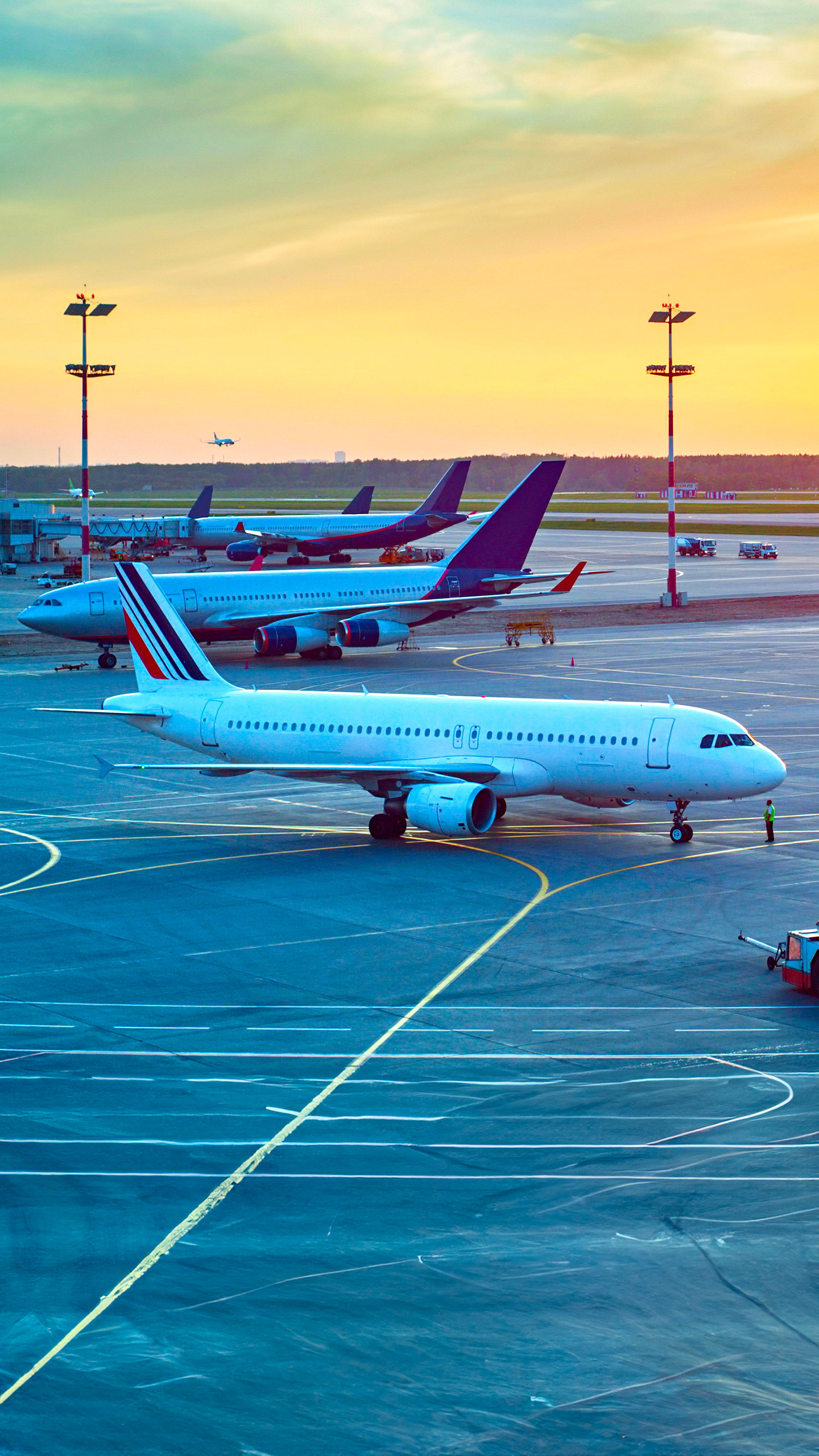Embark on a journey to remote destinations in India with our guide! Learn essential tips for an unforgettable adventure. Read on!
Pack your bags, dost! The call of the mountains, the whispers of the forests,
the serenity of untouched beaches – remote destinations beckon. But before you jump into your jeep or hop on that bus, let's talk strategy.

Traveling off the beaten path in India offers incredible rewards, but it also requires careful planning. Here's your essential guide to conquering the unknown, Indian style! Prepare for an adventure that you will remember for a lifetime! Traveling to remote locations can be challenging.
Research is Your Astra (Weapon): Know Before You Go
Forget spontaneous plans gone wrong. When venturing into remote areas, thorough research is your best friend. Start by understanding the local culture, customs, and traditions. A little respect goes a long way, believe me.
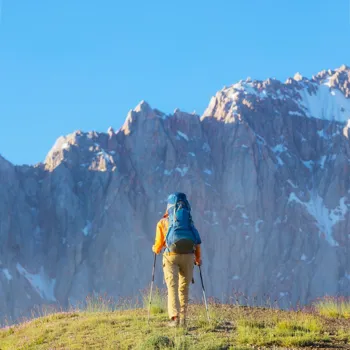
Check the weather forecast – mountain weather can change in a blink of an eye. Find out about the local language; learning a few basic phrases will make a huge difference. Most importantly, research the accessibility of the place. Are the roads good? Is there public transport? Are permits required?
Knowing these things beforehand will save you from a lot of headaches later. Understand transportation options that will allow for exploration.
Pack Light, Travel Right: The Essentials Only
Remember that oversized suitcase you lugged to Goa? Leave it at home! Remote travel demands practicality. Focus on lightweight, versatile clothing that you can layer. Pack comfortable walking shoes – you'll be doing a lot of it.
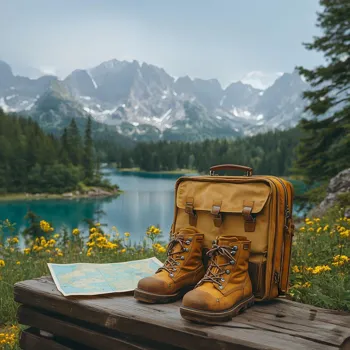
A good first-aid kit is non-negotiable, complete with antiseptic wipes, bandages, pain relievers, and any personal medications you need. Don't forget sunscreen (even on cloudy days!), insect repellent, and a water bottle that you can refill.
Finally, a power bank is a must-have, as electricity may be scarce. Pack wisely, and you will go far. Pack only the essentials.
Cash is King: Forget Digital Wallets (Mostly)
While UPI and digital wallets have revolutionized urban India, they're not always reliable in remote areas. Network connectivity can be spotty, and local shops might not accept digital payments.
Carry enough cash to cover your expenses, including food, accommodation, transportation, and any unexpected emergencies. Small denominations are useful for smaller purchases. Keep your cash safe and secure, and spread it out in different pockets or bags.
Inform a family member about your estimated travel cost. Prepare for a possible loss and plan extra in case.
Communication is Key: Stay Connected (Or Disconnected, Responsibly)
While it's tempting to disconnect completely and embrace the digital detox, it's essential to have a way to communicate in case of emergencies. A local SIM card with good network coverage in the region is a good investment.
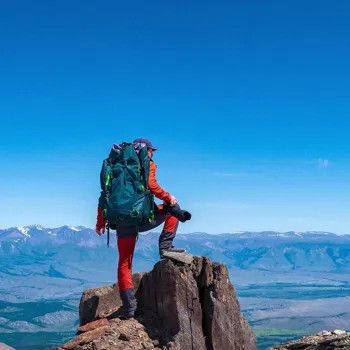
Inform your family or friends about your itinerary and check in with them regularly. Download offline maps on your phone so you can navigate even without internet access. If you're going completely off-grid, consider carrying a satellite phone or a personal locator beacon (PLB) for emergencies.
Having communication is important.
Respect the Local Culture: When in Rome (or Rajasthan), Do As the Romans (or Rajasthanis) Do
This is crucial. Remember, you're a guest in their home. Dress modestly, especially when visiting religious sites. Learn a few basic phrases in the local language, like "Namaste" (hello) and "Dhanyavad" (thank you). Be mindful of local customs and traditions.
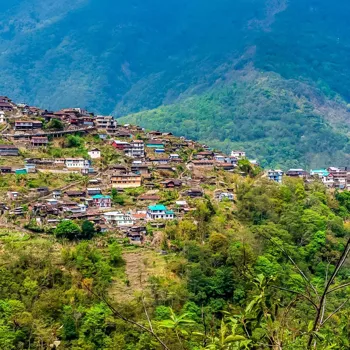
Ask for permission before taking photographs of people or places. Avoid making loud noises or creating disturbances. Be respectful of the environment and avoid littering. Smile, be polite, and show genuine interest in the local culture. Showing respect goes a long way in building goodwill with.
Food and Water Safety: Pehle Pet Puja, Fir Kaam Duja (Food First, Work Later)
While exploring local cuisine is one of the joys of travel, it's essential to be cautious about food and water safety. Stick to cooked food from reputable establishments. Avoid street food from vendors with questionable hygiene practices. Drink only bottled or purified water.
Carry your own water bottle and refill it whenever possible. Avoid ice in your drinks, as it may be made from contaminated water. Pack some snacks like dry fruits, nuts, and energy bars for those times when you can't find safe food options.
Maintaining great personal hygiene can keep you on healthy diet.
Accommodation Options: From Homestays to Campsites
In remote areas, don't expect fancy hotels with room service. Accommodation options range from homestays and guesthouses to campsites and basic hotels. Homestays are a great way to experience local culture and support the community.
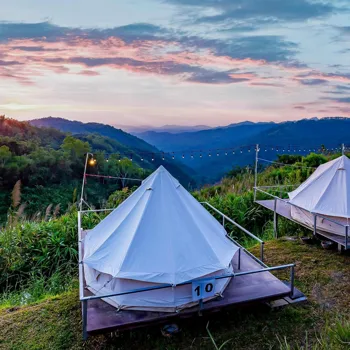
Campsites offer a more adventurous experience, but require proper equipment and planning. Book your accommodation in advance, especially during peak season, but have backup options in case your plans change.
Read reviews online before booking to get an idea of the quality and cleanliness of the place. Check reviews prior to settling in.
Transportation Tips: Navigating the Uncharted Territory
Getting around in remote areas can be challenging. Public transport may be infrequent or unreliable. Hiring a local driver is a good option, as they know the roads and the local customs.
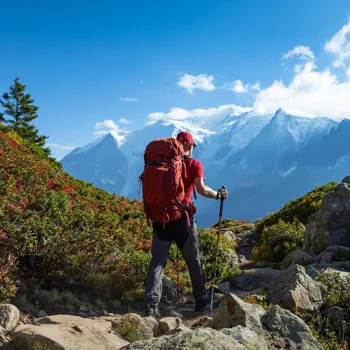
If you're renting a car, make sure it's a 4x4 vehicle in good condition, especially if you're driving on rough terrain. Be prepared for bumpy rides and delays. Carry extra fuel, as petrol pumps may be scarce. Learn basic car repair skills in case you have a breakdown. Ensure safety during travel.
Always check vehicle quality.
Health Precautions: Prevention is Better Than Cure
Consult your doctor before traveling to remote areas and get any necessary vaccinations or medications. Carry a comprehensive first-aid kit with all the essentials. Be aware of common health risks in the region, such as malaria, dengue fever, and altitude sickness.
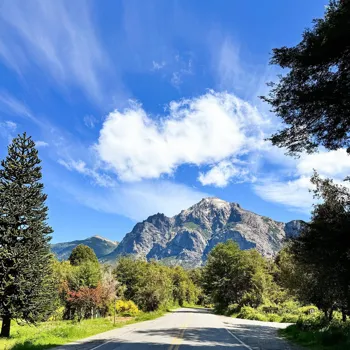
Take precautions to prevent mosquito bites, such as using insect repellent and wearing long sleeves and pants. Drink plenty of water to stay hydrated. Avoid strenuous activities at high altitudes until you acclimatize. Get proper rest and avoid overexertion.
Be Prepared for the Unexpected: Embrace the Adventure
Despite all your planning, things may not always go according to plan. Be prepared for delays, cancellations, and unexpected challenges. Stay flexible, adaptable, and keep a positive attitude. Embrace the unexpected as part of the adventure. Don't be afraid to ask for help from locals.
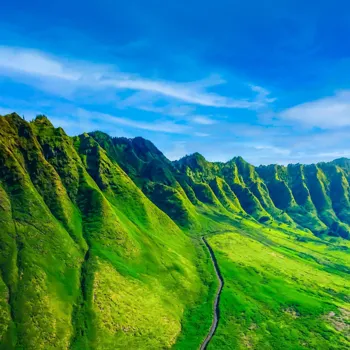
Be patient and understanding. Keep an open mind and be willing to learn from your experiences. Remember, the journey is just as important as the destination. Safe travels, and Jai Hind! The key is to always remain calm.
AI Generated Content. Glance/InMobi shall have no liability for the content